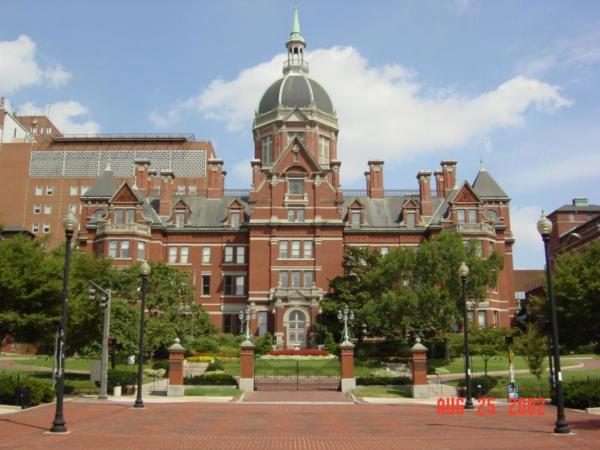Three Maryland-based universities are teaming up to address the lack of diversity across STEM fields by supporting underrepresented undergraduate students pursuing careers across those industries.
Johns Hopkins University, Coppin State University, and Morgan State University received a $2.46 million grant from the National Institutes of Health to launch the ASPIRE—Academic Success via Postdoctoral Independence in Research and Education—fellowship program designed to increase the number of diverse researchers in STEM.
Blacks and Latinos continue to be underrepresented in the STEM workforce as Black workers make up 11 percent of the overall workforce in the United States, but only 9 percent of STEM workers, according to the Pew Research Center. Latinos make up 16 percent of the overall U.S., but only 7 percent of all STEM workers.
“Currently, we’re seeing a significant lack of diversity in biology, medicine, and engineering, especially as you progress along the academic career trajectory, from college to graduate school to faculty,” Leslie Tung, professor of biomedical engineering at Johns Hopkins and director of ASPIRE said in a press release. “That’s what we’re trying to change. Through these mentorship and training opportunities, ASPIRE will provide encouragement to underrepresented student groups and inspire them to pursue careers in biomedical research and engineering.”
The fund will support two new postdoctoral scholars each year for the next five years and includes a stipend for research supplies and conferences. Students will participate in the ASPIRE program for three years during which they will work alongside faculty members to either teach, develop courses, mentor other students, or design workshops, depending on the institution.
“As of 2011, members of underrepresented minority groups earned just 12 percent of all degrees in science, technology, engineering, and math, and comprised less than 5 percent of tenure-track faculty pursuing research in these areas,”Johns Hopkins University said in a press release.
The program is currently open to students who have received their Ph.D. in the last two years.

